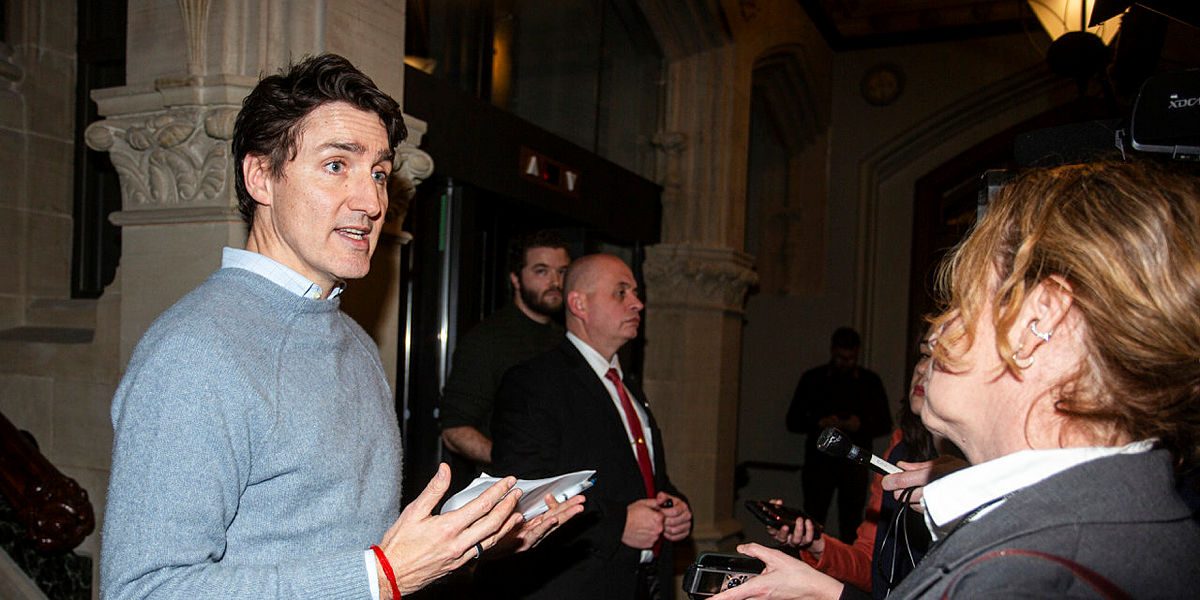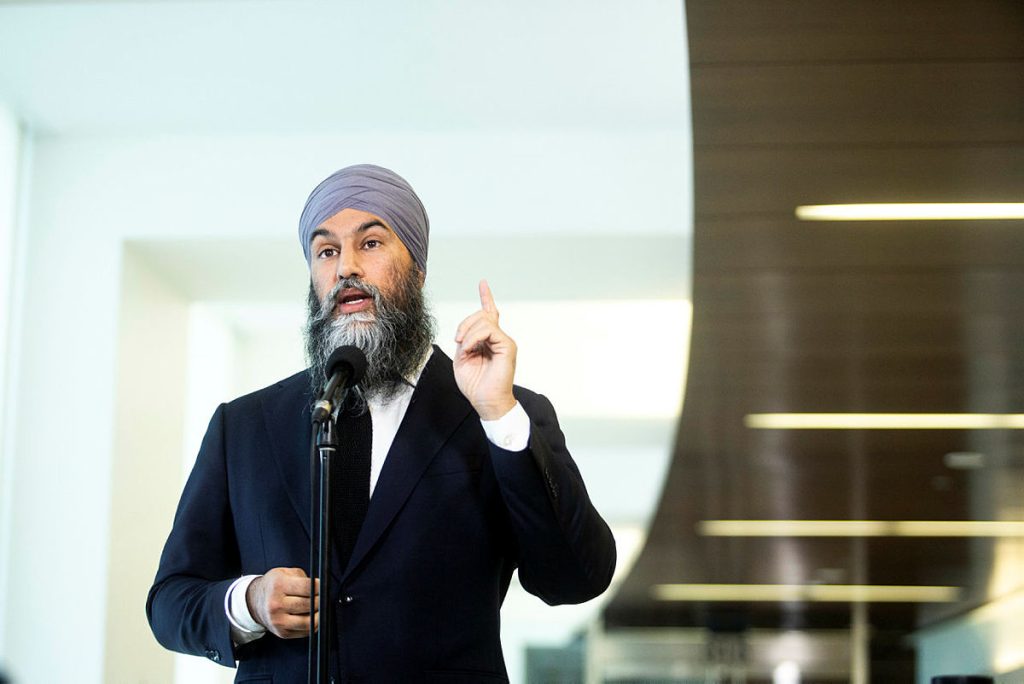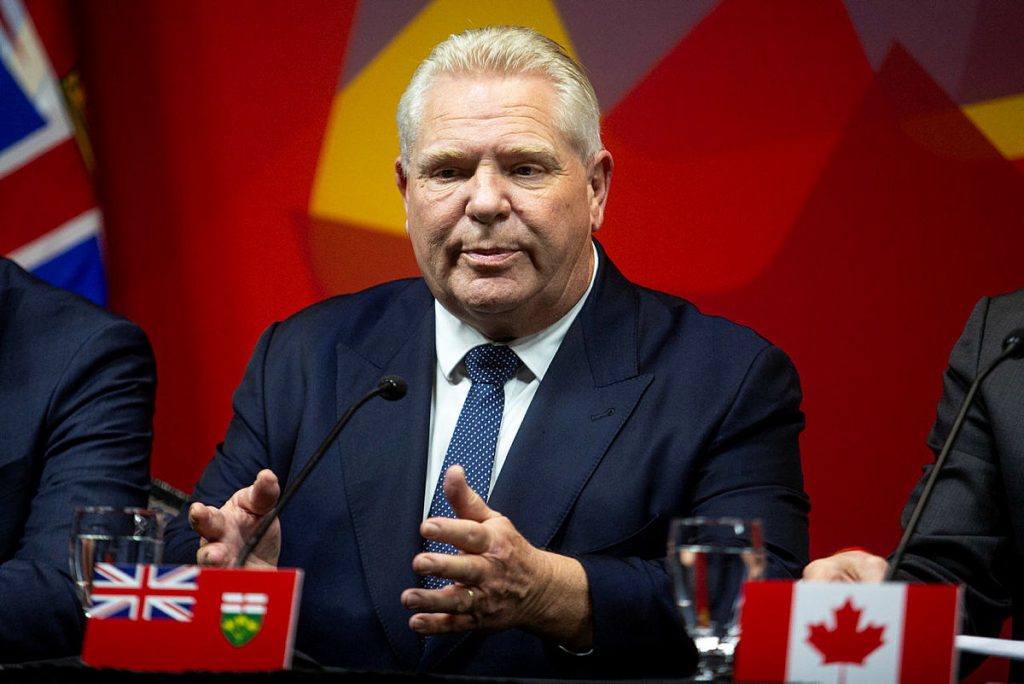Some Liberals want election called before House returns on March 24

With opposition parties threatening for weeks to defeat the government, U.S. President Donald Trump proposing hefty tariffs on Canada, and the Liberals appearing to regain political ground, some within the governing party are pushing for an early election to maintain the momentum and enthusiasm sparked by the leadership race, even before a potential House defeat.
“A defeat within days of becoming prime minister would not be a great start for the new leader,” said one veteran Liberal familiar with internal discussions, in an interview with The Hill Times. “If the opposition parties are going to defeat us, why wait for it to happen?”
A second Liberal MP interviewed for this article echoed the same view. “I agree with this opinion that we should not wait for the opposition parties to defeat us,” said the MP who spoke to The Hill Times on a not-for-attribution basis because they were not authorized to speak on the subject. “The conversations are still ongoing. Nothing finalized yet.”
Under Canada’s fixed-date election law, the next election is set for Oct. 20. However, in a minority government, an election could occur at any time. For the past few weeks, the three opposition parties have been threatening to topple the government at the earliest opportunity.
After Prime Minister Justin Trudeau (Papineau, Que.) announced on Jan. 6 that he would step down once his party elects a new leader, the Liberals began a leadership race, with the winner set to be announced on March 9.
By the Jan. 23 contest entry deadline, several prominent figures had submitted their paperwork to seek the party’s top job, including former deputy prime minister and finance minister Chrystia Freeland (University—Rosedale, Ont.), former Bank of Canada and Bank of England governor Mark Carney, former government House leader Karina Gould (Burlington, Ont.), Liberal MPs Chandra Arya (Nepean, Ont.) and Jaime Battiste (Sydney-Victoria, N.S.), businessman and former Montreal Liberal MP Frank Baylis, and former Brampton Liberal MP Ruby Dhalla.
On Jan. 26, Arya posted on X saying that “Today, I was informed by the Liberal Party of Canada that I will not be permitted to enter the leadership race. While I await their official communication, I am carefully considering my next steps.”
A spokesperson for the Liberal Party of Canada confirmed to The Hill Times that “pursuant to section 4(c) of the National Leadership Rules, Mr. Arya will not be a candidate.”
The party plans to release the official candidate list in about 10 days.

Before announcing his resignation, Trudeau sought and received approval from Gov. Gen. Mary Simon to prorogue Parliament until March 24. This gives the new Liberal leader, who will be chosen in the March 9 election, just over two weeks to prepare before the House resumes sitting. If opposition leaders remain committed to defeating the government, a federal election will likely be called in late March or early April.
CBC/Radio-Canada reported on Jan. 10 that prior to announcing his decision to step down, Trudeau personally reached out to NDP Leader Jagmeet Singh (Burnaby South, B.C.) and Bloc Québécois Leader Yves-François Blanchet (Beloeil-Chambly, Que.) to explore potential possibilities that could help his party stay in power for a few more weeks. However, both opposition leaders declined to offer their support.
Some within the Liberal Party say that at least one leadership campaign has approached the NDP to explore the possibility of an arrangement that could allow the incoming leader to remain in power for a few more weeks. If successful, this could delay the next election until October.
However, most are skeptical that the NDP would agree, as they need to differentiate themselves from the Liberals to present themselves as a viable alternative in the next election. Under the supply-and-confidence agreement which held from March 2022 until September 2024, the NDP supported the Liberals on all confidence votes in return for progress on NDP priorities like dental care and pharmacare, among others.
After a leadership election, new party leaders typically require about six months to unify the party and to prepare for the next federal vote.
A recent poll by Ekos Research shows the Liberal Party has made significant progress in regaining lost political ground. A nine-day rolling poll released on Jan. 22 suggested that while the Conservatives would still win if an election were held now, the margin would be much narrower. Before Trudeau’s resignation announcement, the Liberals trailed the Conservatives by as many as 26 points. According to the Ekos poll, that gap has now shrunk to just seven points, with Conservative support at 39 per cent, the Liberals at 32 per cent, the NDP at 14.2 per cent, and the Greens at 3.2 per cent.
Greg Lyle, president of Innovative Research, said that from a strategic standpoint, the return of Donald Trump as U.S. president and his threats to impose 25-per-cent tariffs on Canada have been politically advantageous for the Liberals. In a speech at the World Economic Forum last week, Trump stated that the U.S. does not need Canada’s energy resources, autos, or lumber, claiming America is self-sufficient in these areas.
“We’re going to be demanding respect from other nations … Canada has been very tough to deal with over the years,” said Trump.

“We don’t need them to make our cars, and they make a lot of them. We don’t need their lumber because we have our own forests. We don’t need their oil and gas, we have more than anybody.”
Lyle cited his company’s poll from last week, which suggested that a net seven per cent—34 to 27—more Canadians approved of the Trudeau government’s handling of issues stemming from Trump’s presidency compared to the Conservatives’. However, Lyle said that the success of calling an early election would largely depend on the timing, as the situation remains in flux and could change in the coming days.
“The Liberals could be in a position where it benefits them to have the opposition pull the plug on the election, and that they can play it among the people that the job they’re doing as the opposition playing politics at a critical moment in Canadian history,” said Lyle.
He added that while the underlying “time for change” issues like affordability, housing, and health care remain significant, Trump’s tariff threats and his desire to crack down on undocumented individuals in the U.S. have shifted the narrative in a way that could benefit the Liberals. On his inauguration day, Trump said that he intends to implement the tariffs on Feb. 1. Shortly after taking office, his administration began arresting undocumented migrants for deportation, which could lead to a significant influx of people into this country, posing a major challenge for the government in managing the situation.
“It’s like you have two sound systems playing: the one [time for change factors] that’s been driving politics up until now, no one’s turned that off. It’s still there,” said Lyle. “But there’s another sound system [Trump] that is, at the moment, louder. If we walked into a lull with Trump, then—boom—we’re right back to the fundamental underlying factors.”
Earlier this month, several Liberal MPs told The Hill Times that after Trudeau’s resignation they feel bullish about their prospects for the next election, but also say this optimism could fade if the party fails to elect the “right” leader in the upcoming contest.
“I’m going back to my community excited for [the] campaign. I’ve never felt that before,” said a Liberal MP, who spoke on a not-for-attribution basis to speak candidly. “We need to find a leader that connects with Canadians.”
Ontario Premier Doug Ford confirmed on Jan. 24 that he will call an election for Feb. 27. Despite leading a majority government, the Progressive Conservative premier argues that Trump’s tariff threats necessitate a new mandate.
arana@hilltimes.com
The Hill Times






 LICENSING
LICENSING PODCAST
PODCAST ALERTS
ALERTS













